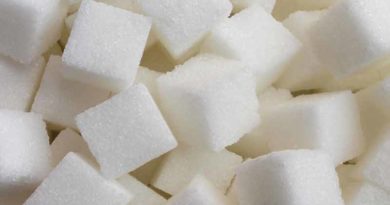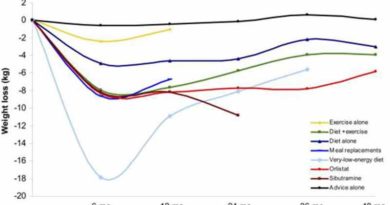Calories, Thermodynamics & Weight

Executive summary
Please login to view this content
Introduction
Last week was the 500th Monday note and it made me wonder what the first note was. It was called “Where do calories go?” It was inspired by a question in the forum in the club. The essence of the question was “If I eat more calories than I need, where do the extra calories go?”
Soon before this question we had been chatting in the club about a programme called “Larger Than Life: 33,000 Calories A Day and Counting.” The programme featured four morbidly obese people: Paul; Larry; Lisa and Jacqui. I wrote about it at the time (Ref 1). The obesity expert on the TV programme was Dr Ian Campbell, a former head of the UK National Obesity Forum. At one point in the programme, Dr Campbell said that “Larry needs about 4,500 calories a day” and because Larry was eating an estimated 14,500 calories a day, Dr Campbell said “and so that extra 10,000 calories a day would equate to 3lbs of weight gain on a daily basis.”
Dr Campbell said this because he believed the calorie theory. The calorie theorists assume that any excess calories are turned into fat at the rate of 1lb for every excess 3,500 calories. Paul, on the programme, was consuming an estimated 36,902 calories a day (the 2 calories is absurd – intake cannot be measured that accurately). If Paul had been assumed to need the same number of daily calories as Larry (they were of similar size), Paul should have been gaining at the rate of 9lbs every single day.
According to the calorie theorists, Larry should have been gaining 78 stone a year and Paul, wait for it, should have been gaining 3,337lbs a year i.e. 238 stone a year! According to the Guinness Book of Records, the World’s heaviest ever man was approximately 100 stone. Paul should have reached that in 84 days from the time the programme was made – notwithstanding the fact that he had been bed ridden, at not far from his weight on the programme, for 6 years.
The essence of my answer to the question was “I don’t know where the extra calories go, but I know where they don’t go. They don’t go into body fat at the rate of 1lb for every extra 3,500 calories.” They might be used up in body maintenance. More could be used up than might be expected in converting dietary energy to usable energy. More could be lost in heat energy than we realise. There are many options for where calories (energy) can go, but a formulaic conversion to pounds (weight) is not one of them.
The rest of this article is available to site subscribers, who get access to all articles plus a weekly newsletter.
To continue reading, please login below or sign up for a subscription. Thank you.




